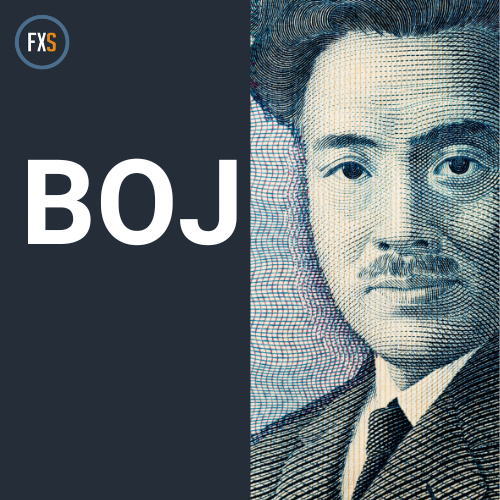The Bank of Japan is expected to keep interest rates steady and reduce bond purchases at their upcoming meeting, garnering more attention with the release of the quarterly forecasts and Governor Kazuo Ueda’s statements. The decisions made by the BoJ are anticipated to create significant volatility in the Japanese Yen.
The BoJ is likely to maintain its short-term rate target between 0% and 0.1%, continuing the trend from previous meetings. The central bank is facing a close call on whether to raise interest rates, with some advocating for a rate hike to prevent the Yen from falling further against the US Dollar. The swaps market is forecasting a 70% chance of a 10 basis points rate hike.
In June, the BoJ hinted at scaling back its monthly Japanese government bond purchases, which currently stand at JPY6 trillion, to around 2 to 3 trillion Yen. However, recent weaknesses in the economy may prevent the BoJ from delivering a hawkish surprise this week. Analysts suggest that any divergence from market expectations could lead to a rapid reversal in the Yen’s strength.
The interest rate decision by the Bank of Japan could have a significant impact on the USD/JPY pair. A hawkish decision or message from the BoJ could lead to a Yen rally against the US Dollar. On the other hand, a dovish outlook may result in intense selling pressure on the Yen, pushing USD/JPY towards higher levels. Technical analysis suggests that a rebound in USD/JPY is likely, given oversold conditions.
In the past week, the Japanese Yen has shown strength against major currencies, with notable gains against the Australian Dollar. The performance of the Japanese Yen is influenced by factors such as the Bank of Japan’s policies, interest rate differentials, and risk sentiment in the market. The recent divergence in monetary policies between the BoJ and other central banks has contributed to the depreciation of the Yen.
The Japanese Yen is a widely traded currency, impacted by various economic factors and the policies of the Bank of Japan. The central bank’s interventions in the currency market, coupled with its ultra-loose monetary policy, have played a significant role in determining the value of the Yen. The Yen is also considered a safe-haven currency, attracting investors during times of market uncertainty.











